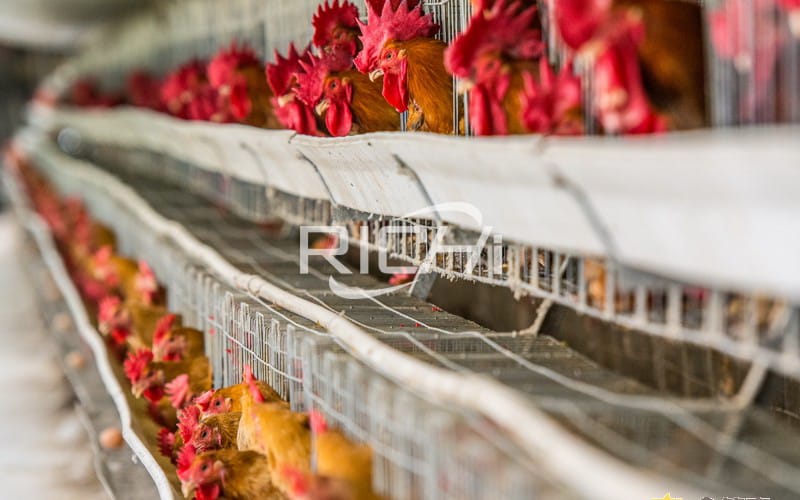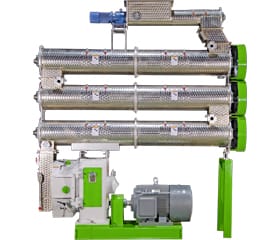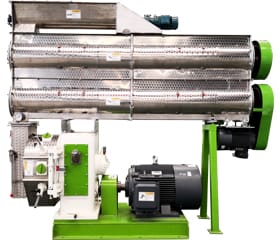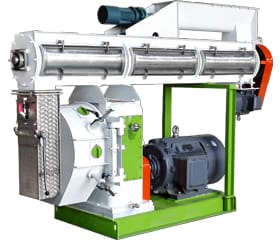How to prevent moisture in the chicken coop in winter?
There are many problems in raising chickens in winter. The low temperature and high humidity in the chicken house can easily lead to the low temperature and high humidity of the chicken house. This will cause great harm to the growth and development of the chicken flock. Therefore, the winter chicken house is moisture-proof. One of the key tasks, so what should be paid attention to in winter for the chicken coop?

1. Harm of damp chicken house
(1) High humidity hazard: The humidity of the chicken house is too high and the feces will decompose to produce more harmful gases, which will cause the chickens to have more respiratory diseases. The humid environment is also very easy to cause the frequent occurrence of coccidiosis and the low humidity in high temperature seasons. The chicken house is hot and humid, and the flocks are prone to heatstroke. The brooding period and high temperature occur together, which can easily cause the chicks to suffocate.
(2) Low humidity hazards: Too low humidity makes the chicks easy to dehydration, slow growth and low humidity in the chicken house, which can easily cause dust in the chicken house, dirty air in the chicken house, and respiratory diseases.
2. Precautions for damp-proofing the chicken house in winter
(1) Pay attention to ventilation: the temperature in winter is low, and the ventilation of the chicken house should be controlled. When the temperature is lower than 15 degrees, the wind speed should not exceed 0.1 to 0.2 meters per second. In the case of proper quantity, ventilation and ventilation according to the machine, good output, contradictions between ventilation and heat preservation work.
(2) The stocking density should not be too high: In winter, the temperature is low, and many farmers will increase the stocking density to keep warm from the cold. However, if the stocking density is too high, it will cause the chickens to be crowded, which is not good for moisture prevention. It should be noted that the stocking density is appropriate.
(3) Leakage of drinking equipment: We must strictly prevent the leakage of drinking equipment. Once discovered, seal or replace it in time, and clean up the leakage in time.
(4) Change the bedding frequently: The bedding must be kept dry and hygienic, and the bedding must be replaced in time when it becomes wet.
(5) Regular cleaning: The ground garbage and feces should be cleaned every day. At this time, the main factor to reduce the humidity of the chicken house.
(6) Disease control: In winter, we must actively prevent and treat bacterial enteritis and viral infectious diseases that cause the moist floor of the chicken house, such as Newcastle disease, chicken spread, chicken coccidia, etc.
(7) Improve the microclimate in the chicken house: In winter, the chicken house is mainly insulated, and the temperature of the chicken house should not be lower than 12 degrees. To prevent low temperature and excessive humidity, it is best to install heating equipment.
[More info about chicken feed]
1.Formulas for broiler chicken feed pellet
2.How much energy and protein are needed in chicken broiler feed pellets?
3.Protein and amino acid in chicken broiler pellet feed formula
4.How to reduce broken eggs and make money for layer chicken farms?
5.How to make chicken feed pellets with sawdust?
6.Points that should be paid attention to when using additives in poultry chicken feed
7.What additives should be added to chicken feed in cold season?
If you want to built one complete pellet production line in your country, pls send the inquiry to us. We will customized design according to your requirement.



